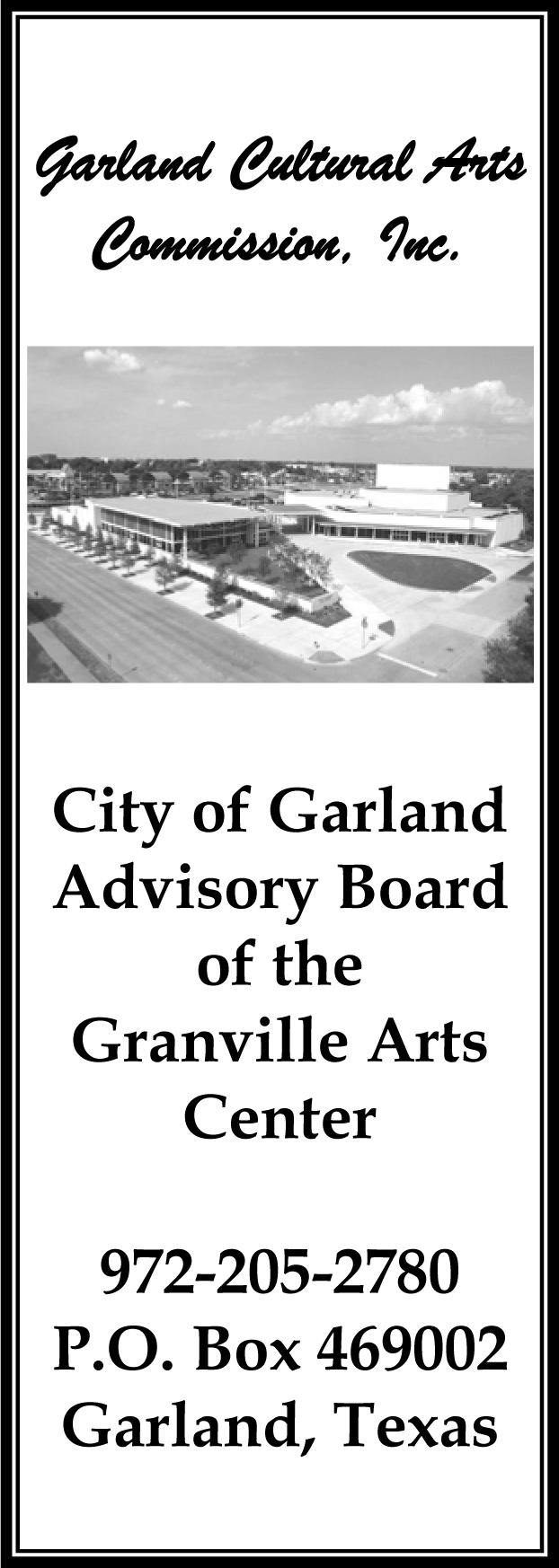This article originally appeared in the Garland/Mesquite section of The Dallas Morning News on November 10, 1995.
By Michael R. Hayslip
The revival staged in 1903 for Garland’s Antioch Baptist Church by Rev. Mordecai F. Ham provided a stem-winding example of old-time religion.
Besides their Sunday services and mid-week events throughout the year, local churches within the Protestant religious denominations traditionally held annual revival campaigns. Revivals were special meetings, convened on successive days and nights for periods extending over at least a week.
In an analysis of these happenings, titled They Gathered by the River, by Bernard A. Weisberger, suggests that the term revival came into general use around 1800. “Ministers,” the author contends, “chose it deliberately to scold a naughty world by the suggestion that it was necessary to ‘revive’ the piety of an earlier day,” in which people were supposed to have lived purer lives.
Evangelical by nature, revivals were intended to salvage lost souls and add numbers to the sponsoring flock. In the event that existing members had wavered in the faith, a revival could rekindle their commitments as well.
Conveniently for members of Baptist Churches, which inducted converts by a baptismal ritual of submerging them in water, most revivals in those days occurred during the warmer months, when creeks and tanks afforded tolerable temperatures for the occasion. Since scheduling among various meetings was offset at random, motivated individuals could revive with more than one denomination each year.
William Martin, a biographer of the renowned evangelist Billy Graham, took special note of Rev. Ham and his ministry in the book Prophet With Honor. Mordecai Ham, claims Martin, had a “penetrating gaze” and “delivered the colorful, fire-breathing preaching of an old war-horse . . . “
Apparently, Rev. Ham gave the Garland Baptists their money’s worth. Church minutes reflect that the “protracted” meeting, held inside a tent, netted 99 additions to the roll, 78 of whom came “by Grace and Baptism.” As a result, church membership swelled by more than 20 per cent, and grateful worshipers rewarded the guest preacher with a collection of $250, which would have been sufficient to buy a small Garland farm at the time.
Rev. Ham, meanwhile, moved onward and upward from the stock-tank baptism in Garland. In Martin’s book “Billy Frank” Graham credits a North Carolina revival of Mordecai Ham three decades later with “bringing him to his knees” and a decision to enter the full-time ministry. That meeting extended from late August until after Thanksgiving in 1934 and no doubt brought others to their knees as well.
Celebrated as he was, Rev. Ham apparently grew more controversial with the passage of years. Particularly grating to local ministers was his habit of attacking the lethargy of the local clergy with “sulphuric fulminations.” He also became prone, says Martin, to “antisemitic rantings and racist slurs so notable that newspaper editors sometimes urged him to leave their cities.”
Undaunted, Rev. Ham preached on, holding revivals wherever he could draw a crowd. Fred Harris, formerly the proprietor of Harris Restaurant in Garland, insists that he cannot recall the 1903 meeting, but remembers a Mordecai Ham revival at Garland’s Miller Road Baptist Church in the early ‘50s. “He stayed at the Pink Motel, ate with us frequently and gave me a book he had written about his ministry,” said Harris. “He must have toned down some, but he was still full of fire and brimstone.”
Photo not available
Photo caption:
A baptism in 1903 at the stock tank on the J. S. Pickett farm winds up a revival preached by Rev. Mordecai Ham for the Antioch Baptist Church, a forerunner of Garland’s First Baptist Church. The site was located near the present intersection of First and Walnut Streets in Garland, where the S&L Automatic Transmission facilities now stand.
Photo courtesy of the Pickett family and First Baptist Church in Garland.

